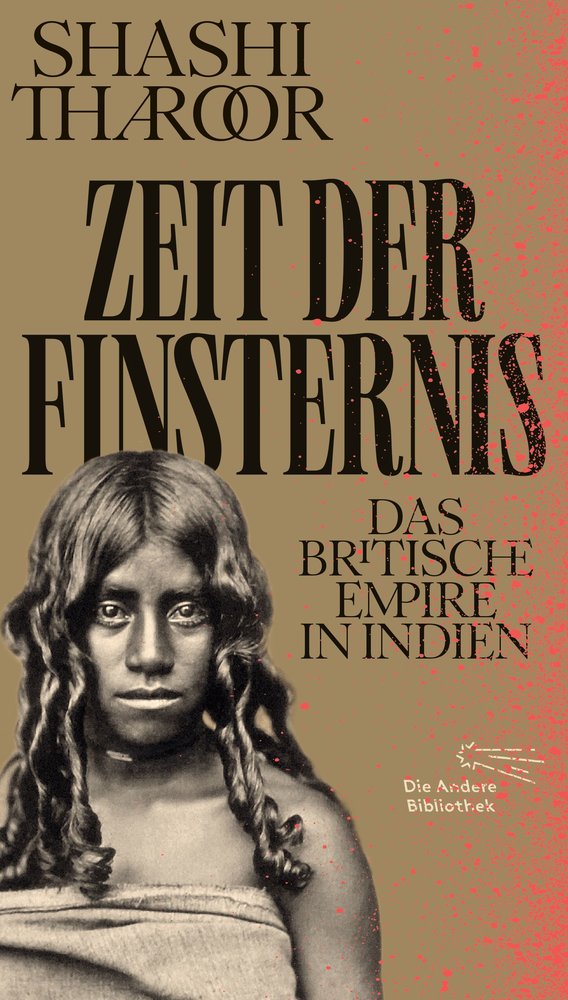Die unrühmliche Wahrheit über die britische Herrschaft in Indien - erstmals erzählt aus indischer Sicht.
Das Britische Kolonialreich präsentierte sich nach außen hin als aufgeklärter Despotismus im Namen des Guten und zum Wohle der Beherrschten. Gestützt auf eine Fülle von Fakten demontiert Shashi Tharoor diese weitverbreitete Legende. Das Empire feuerte Kanonen gegen Aufständische ab, massakrierte unbewaffnete Demonstranten, schuf einen institutionalisierten Rassismus und ließ Millionen Menschen verhungern. Die Formen der Ausbeutung reichten von der Abschöpfung der inländischen Ressourcen über die Zerstörung der indischen Textilindustrie bis hin zur Vernichtung der heimischen Landwirtschaft. In seinem scharfsinnigen, minutiös recherchierten und glänzend geschriebenen Essay enthüllt Tharoor die unrühmliche Wahrheit über die britische Herrschaft in Indien und deren bis heute nachwirkendes verheerendes Erbe.
Nummer-1-Bestseller in Indien.
Mit einem Essay von Mithu Sanyal: Und was hat das alles mit uns zu tun?


